Urbanization brings convenience to people's daily lives. However, this also means that more and more waste is being generated. We know that the resources on earth should always be cherished, but how can we reduce waste and recycle valuable resources from them? In the following excellent initiatives from Guangzhou Award, we may find the answers. Without further ado, let’s learn about recycling with Guangzhou Award Secretariat!
Initiatives of Guangzhou Award
Jeonju, Republic of Korea
Innovative Food Waste Reduce and Recycling Project Using RFID Technology
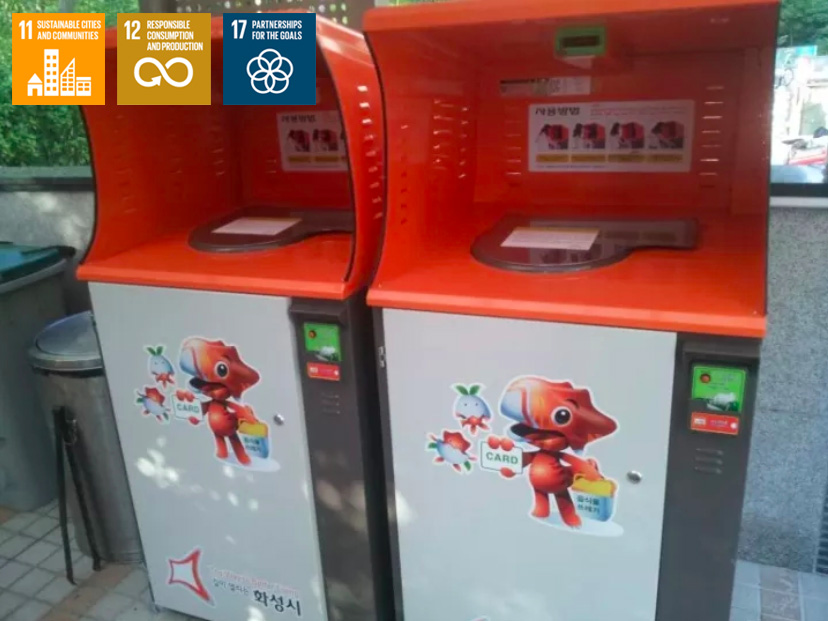 Image via China Development Brief
Image via China Development BriefThe goal of the project was to reduce food waste and associated costs by turning food waste into recycled resources and minimizing the waste of resources to prevent environmental pollution. These steps will ultimately provide a comfortable, high quality living standard for our city residents through “the creation of an environmentally-friendly food culture and realization of low-carbon green growth through saving of energy consumption…
(Read more)
Nanning, China
Kitchen Waste Resource Utilization and Harmless Treatment Plant Project of Nanning City
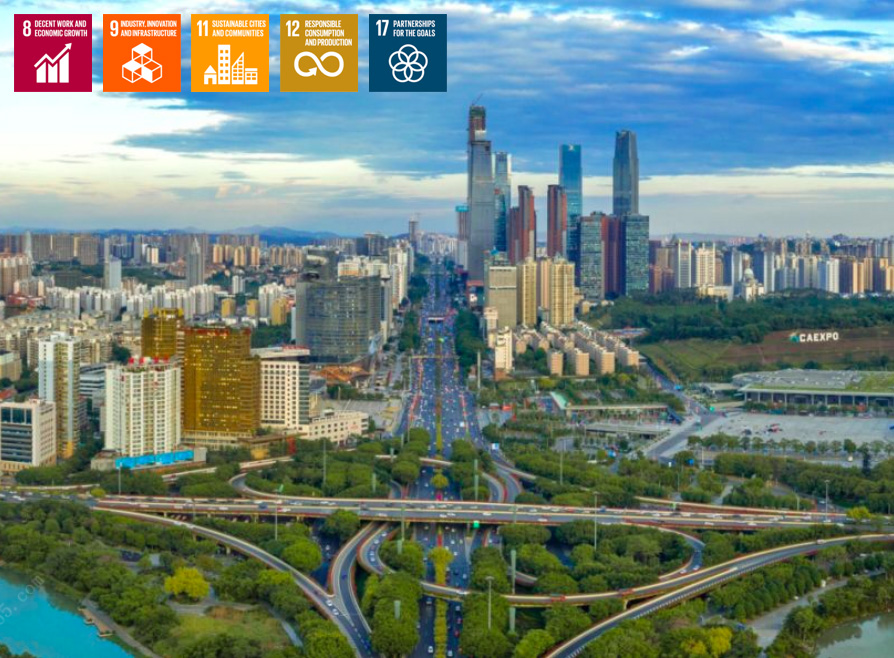 Image via Sohu
Image via SohuThe Kitchen Waste Resource Utilization and Harmless Treatment Plant Project of Nanning has turned the city’s kitchen wastes into usable biogas and oil and reduced environmental pollution. It has had a strong effect on the environment of residential areas by eliminating kitchen waste run-out, spillage, dripping, leakage and odor during the collection and transportation of kitchen waste. The uniform collection and transportation of kitchen waste has obtained the support of both restaurants and the general public…
(Read more)
Kisumu, Kenya
Waste to Wealth
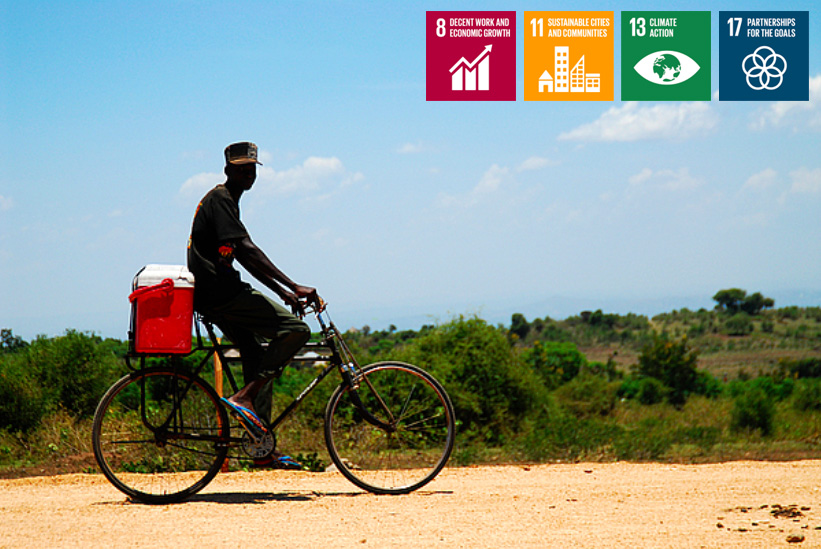 Kisumu’s solid waste management strategy promotes the separation of waste at its source through public private partnerships thereby creating an enabling environment for urban poor youth and women to participate in solid waste management in the city, creating employment in the process and improving their livelihood. This initiative prompted the creation of waste enterprises to deal with recycling, collection, transportation and disposal of waste as a business, ensuring a clean environment… (Read more)
Kisumu’s solid waste management strategy promotes the separation of waste at its source through public private partnerships thereby creating an enabling environment for urban poor youth and women to participate in solid waste management in the city, creating employment in the process and improving their livelihood. This initiative prompted the creation of waste enterprises to deal with recycling, collection, transportation and disposal of waste as a business, ensuring a clean environment… (Read more)
Belo Horizonte, Brazil
Public Private Partnership on Urban Solid Waste Management – Sustainability in Transhipment, Treatment and Final Disposal of Solid Waste in the Belo Horizonte Metropolitan Region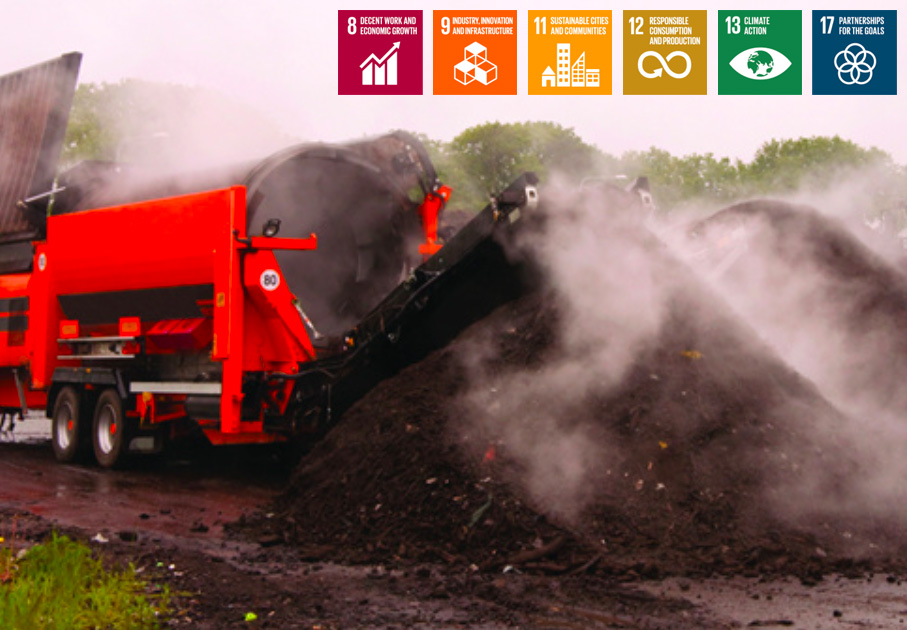 Image via metropolis
Image via metropolis
The main outcome to be reached with the implementation of this project is related to environmental issues. The BHMR, where more than five million people inhabit, will have 100% of its solid waste treated and correctly disposed according to international standards in an environmentally-friendly manner and with resources recovery for power generation…
(Read more)
Case around the world
JapanPlastic Love: Japan’s Prodigious Usage and Recycling of PET Bottles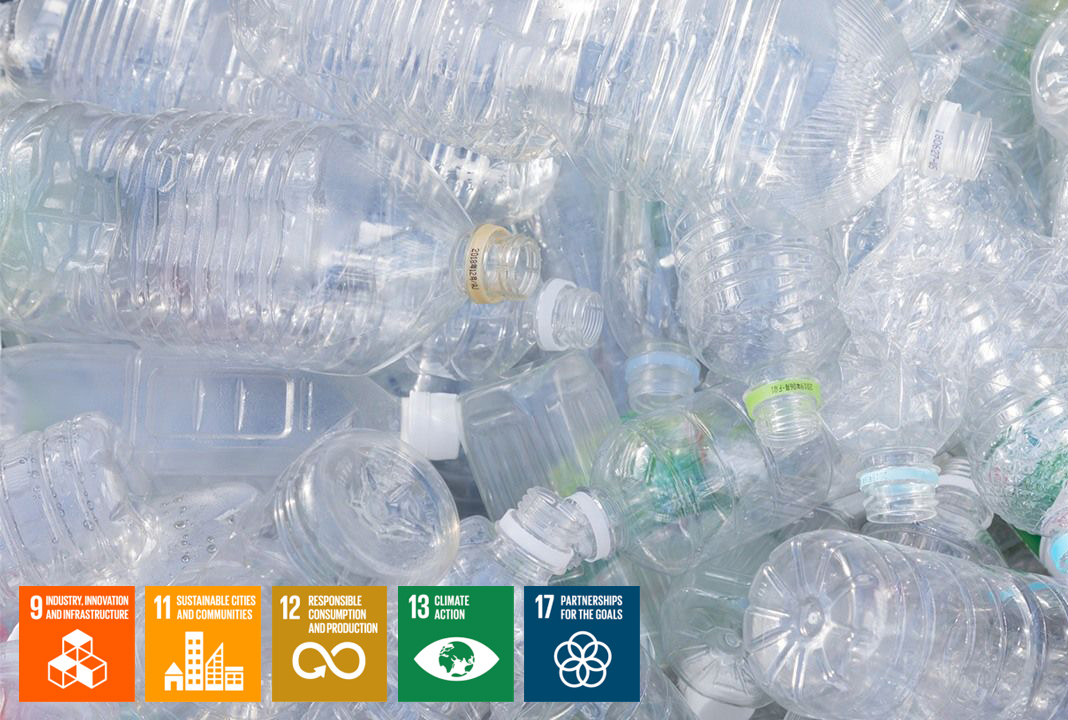 Image via Nippon.com
Image via Nippon.com
The use of polyethylene terephthalate (PET) bottles for soft drinks was first allowed in Japan in 1982. As PET bottles became standard, industry groups sought to reduce waste volume through recycling and making bottles lighter. As of fiscal 2017, the recycle rate for PET bottles was 84.8%, which is just slightly below the target rate of 85%. The level of PET bottle recycling in Japan is among the highest around the world…
(Read more)
(Editor: Ke Xintong)
 Image via China Development Brief
Image via China Development Brief Image via Sohu
Image via Sohu Kisumu’s solid waste management strategy promotes the separation of waste at its source through public private partnerships thereby creating an enabling environment for urban poor youth and women to participate in solid waste management in the city, creating employment in the process and improving their livelihood. This initiative prompted the creation of waste enterprises to deal with recycling, collection, transportation and disposal of waste as a business, ensuring a clean environment… (Read more)
Kisumu’s solid waste management strategy promotes the separation of waste at its source through public private partnerships thereby creating an enabling environment for urban poor youth and women to participate in solid waste management in the city, creating employment in the process and improving their livelihood. This initiative prompted the creation of waste enterprises to deal with recycling, collection, transportation and disposal of waste as a business, ensuring a clean environment… (Read more) Image via metropolis
Image via metropolis Image via Nippon.com
Image via Nippon.com

 In Focus | World Cities Day: People-Centred Smart Cities
In Focus | World Cities Day: People-Centred Smart Cities City Stories | Fostering community resilience: A lifeline for the Central African Republic
City Stories | Fostering community resilience: A lifeline for the Central African Republic In Focus | Innovative Education, Empowering Futures
In Focus | Innovative Education, Empowering Futures




















 Tel: +86 020 3780 4434
Tel: +86 020 3780 4434 Email: info@guangzhouaward.org
Email: info@guangzhouaward.org Adress: Unit 01-7, 28th Floor, No. 7, Chunrong 3rd Road, Tianhe District, Guangzhou, Guangdong, 510000, PRC
Adress: Unit 01-7, 28th Floor, No. 7, Chunrong 3rd Road, Tianhe District, Guangzhou, Guangdong, 510000, PRC




